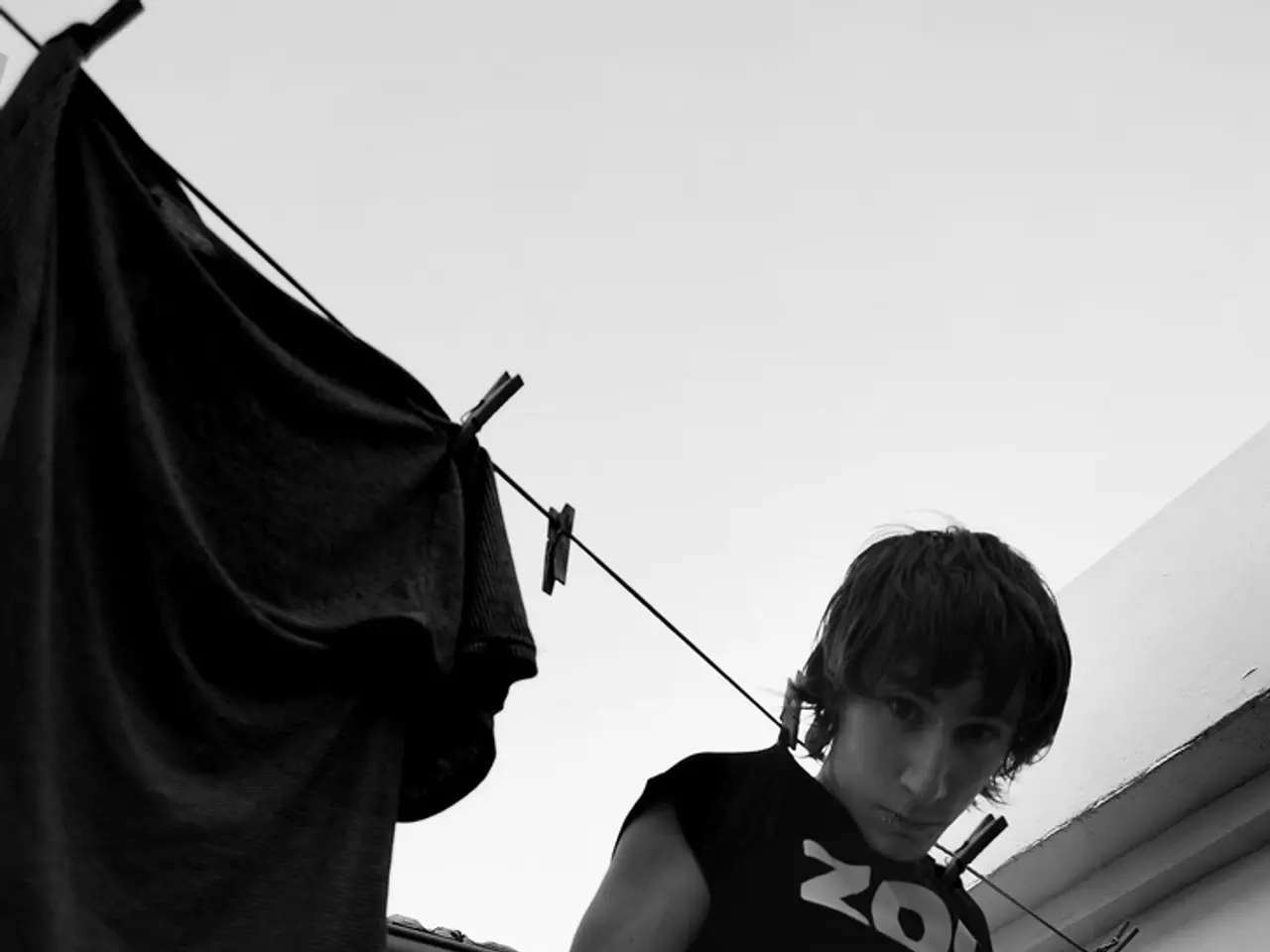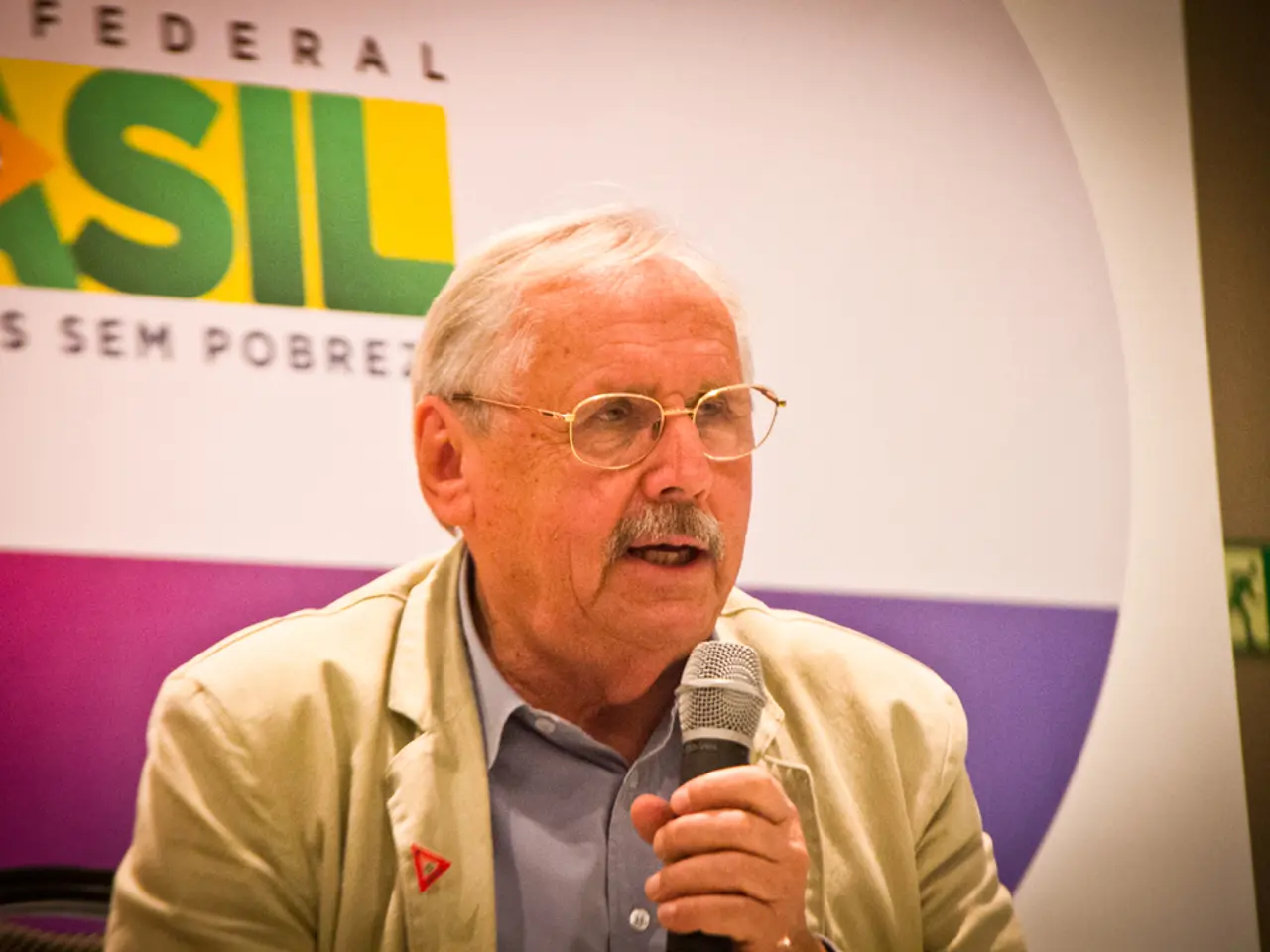Dodik's political leader, Vucic, denies accountability regarding the Bosnian Serb leader.
Serbian President Aleksandar Vucic has declared that he will not recognize the prison sentence against Bosnian Serb leader Milorad Dodik, following a ruling by a Bosnian appeals court. Vucic and the Serbian National Security Council consider the decision politically biased, legally invalid, and a destabilizing move in the region.
In a strong condemnation of the verdict, Vucic labelled the court's decision as "undemocratic, uncivilized, and immoral." He emphasized Serbia's unwavering support for Dodik, who is seen as a key political ally representing Republika Srpska, the Serb-majority entity in Bosnia and Herzegovina.
Dodik was convicted for enforcing two laws that prohibited the implementation of decisions by the UN High Representative for Bosnia and Herzegovina. The ruling sentenced Dodik to one year in prison and banned him from political activity for six years. However, both Dodik and Serbia reject the authority of the international envoy Christian Schmidt and the Sarajevo-based court, accusing them of bias and politically motivated persecution.
The Serbian National Security Council has declared that Dodik will not be arrested if he enters Serbian territory, signalling a protective stance and refusal to cooperate with Bosnia’s judicial decisions. This stance reflects a broader political crisis connected to Dodik’s actions that Western governments say aim at Republika Srpska’s secession from Bosnia, and which led to sanctions against him by the US and UK.
The prison sentence for Dodik includes a six-year ban from holding political office. Vucic, who described Dodik as the "lawfully and legally elected President of the Republic of Srpska," also stated that he would not arrest Dodik if an arrest warrant was issued against him.
In summary, Vucic’s refusal stems from a political and legal rejection of the Bosnian court’s authority over Dodik, a defense of Republika Srpska’s interests, and concerns about regional instability triggered by the verdict. The standoff between Serbia and Bosnia over Dodik's sentence adds to the ongoing tensions in the Balkans, a region still grappling with the aftermath of the Yugoslav wars.
The community policy and employment policy of Serbia under President Vucic's leadership have shown solidarity with Bosnian Serb leader Milorad Dodik, who was convicted by a Bosnian court for enforcing laws against the UN High Representative's decisions. This situation has escalated into a general-news and crime-and-justice issue, as both Serbia and Dodik reject the ruling, deeming it politically biased and legally invalid. The standoff has wider political implications, with Western governments accusing Dodik of aiming for Republika Srpska's secession from Bosnia, leading to sanctions against him.





